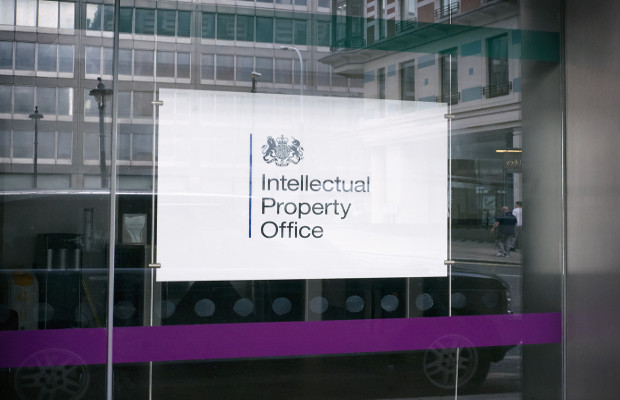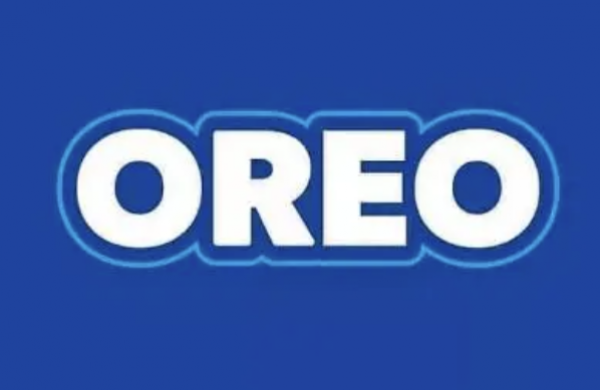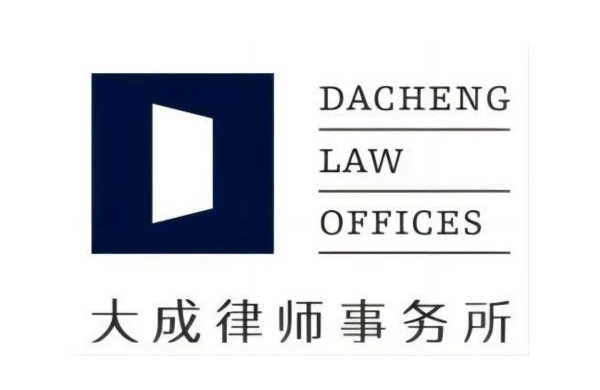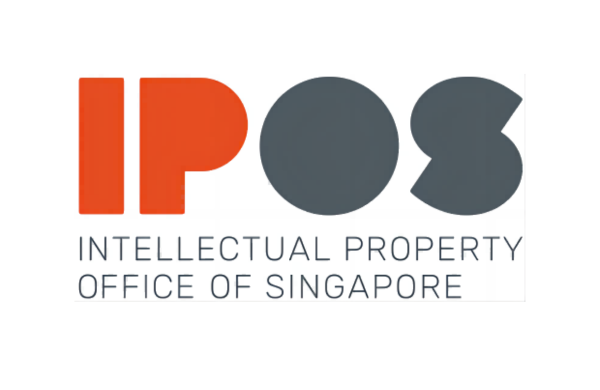Did not receive verification mail? Please confirm whether the mailbox is correct or not Re send mail

dora
- 2018-07-17 11:29:58
UKIPO dismisses Mango trademark appeal

The UK Intellectual Property Office (IPO) has dismissed an appeal by fashion brand Mango, confirming that the trademark ‘YanGo’ will not be confused with the clothing company’s own name.
Emma Himsworth QC delivered the decision on July 6, and it has since been released to the public.
In 2016, industrial manufacturer YanGo International applied to register the trademark ‘YanGo’ with the IPO, listing seven classes (3, 14, 16, 25, 26, 38, and 41).
Consolidated Artists, the company behind fashion brand Mango, opposed the applied-for mark on the basis that it would lead to a claim for passing off.
The company cited an EU figurative mark (9,850,785) featuring the word ‘Mango’ in stylised writing, registered in June 2018 and covering goods and services in classes 3, 9, 14, 18, 25, and 35.
In addition, Consolidated said the unregistered trademark ‘Mango’ had been used throughout the UK since 2000.
The appeal was made after Matthew Williams, an IPO hearing officer, rejected the opposition.
He had said “the distinctions between the two marks are such that there is no misrepresentation” as “the different opening letter of each word is obvious and changes not only the look and sound of the marks, but also the conceptual impression”.
For example, ‘Mango’ is readily identifiable as a tropical fruit, whereas ‘YanGo’ is an invented word, Williams noted.
He found the marks to be conceptually dissimilar, and visually and aurally similar “to no more than a medium degree”. Williams explained that the conceptual dissimilarity is the most influential factor in the decision, as it may counteract any visual or aural similarities.
Overall, Williams determined that there would be no likelihood of confusion and dismissed Mango’s opposition.
Mango filed an appeal against the decision. It argued that Williams had erred in his determination of conceptual dissimilarity, and disputed that it was the most influential consideration in the decision.
In addition, Mango said that cheap goods attract consumers whose level of attention is low rather than normal, yet Williams had carried out his analysis based on consumers with a normal level of attention.
Himsworth said she must be “satisfied that there was a distinct and material error of principle in the decision” for her to interfere in the hearing officer’s ruling.
Although Himsworth said Williams made an error on the visual similarity of the marks, this did not amount to a material error as the marks are visually similar to only a medium degree rather than a high degree. She added that “it seems clear” that the marks have conceptual differences.
Himsworth said Mango’s argument in relation to low-cost goods and a low level of attention was not accompanied by evidence during the opposition proceedings, so “it was open to the hearing officer to reach the conclusion that he did”.
She dismissed Mango’s appeal and ordered the fashion company to pay YanGo £50 ($66) towards the costs of the unsuccessful appeal. This is payable in addition to the £450 ($596) that Williams awarded to YanGo.
Source: WIPR website
Editor: dora
- I also said the two sentence
- Also you can enter 140words
 PurpleVine Successfully Assists Client in Invalidating Sisvel US Patent
PurpleVine Successfully Assists Client in Invalidating Sisvel US Patent Chang Tsi & Partners Successfully Represents Wuxi's First Intellectual Property Civil Case Attached to Criminal Case
Chang Tsi & Partners Successfully Represents Wuxi's First Intellectual Property Civil Case Attached to Criminal Case China Monthly Antitrust Update: February 2024
China Monthly Antitrust Update: February 2024 IPOS was publishing a legal decision involving the trademark of tech giant, Google
IPOS was publishing a legal decision involving the trademark of tech giant, Google


